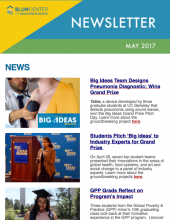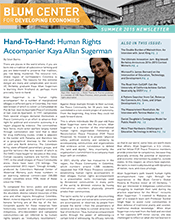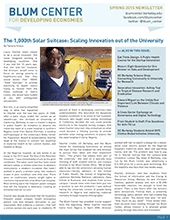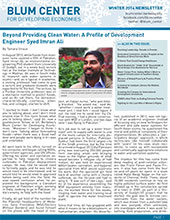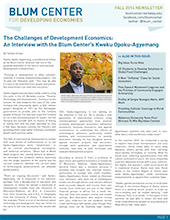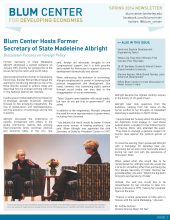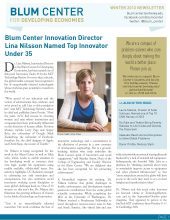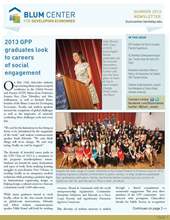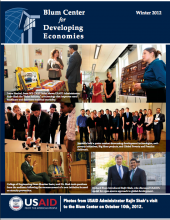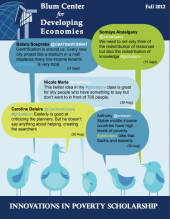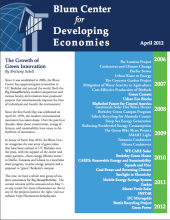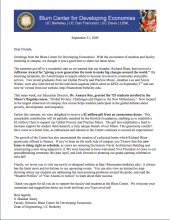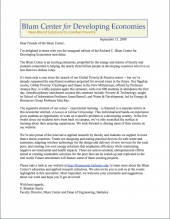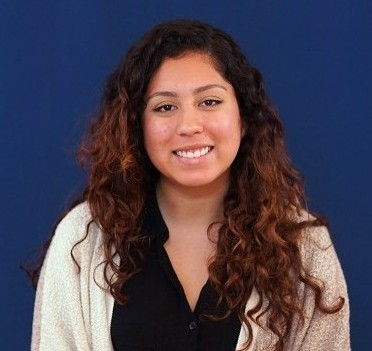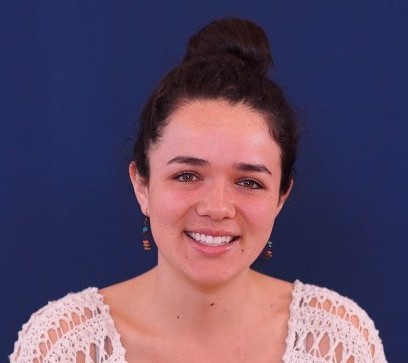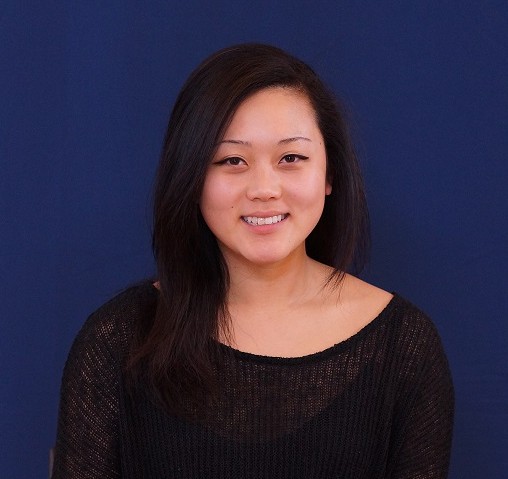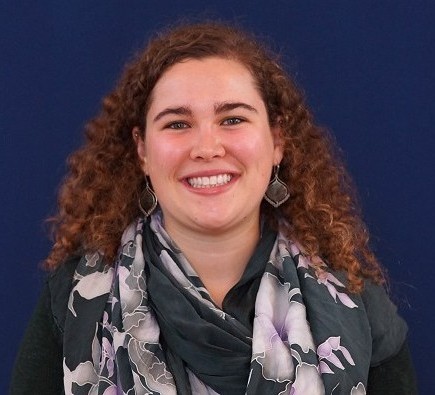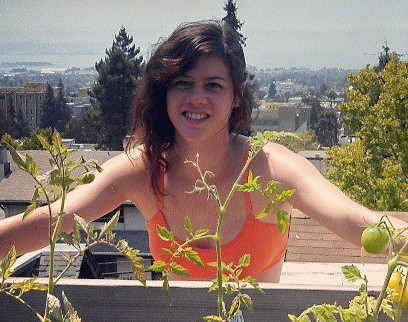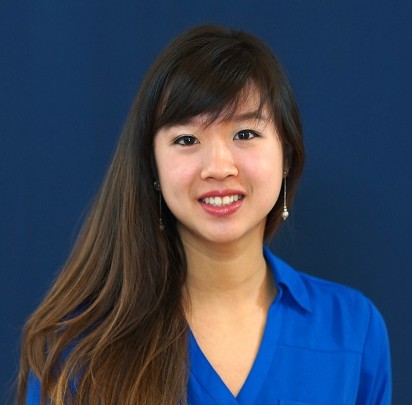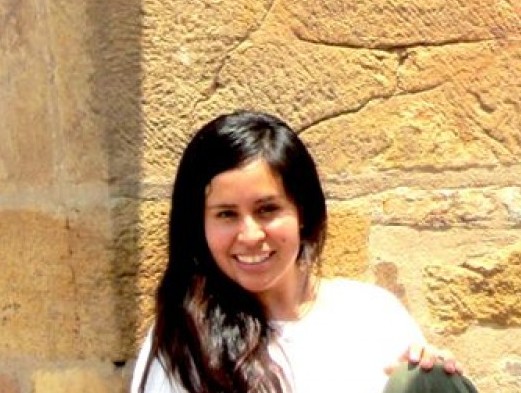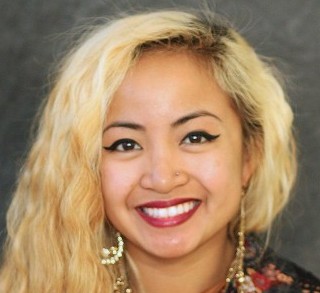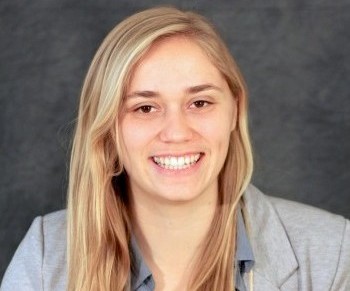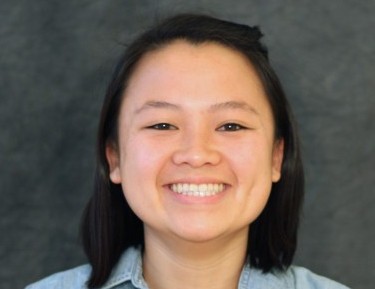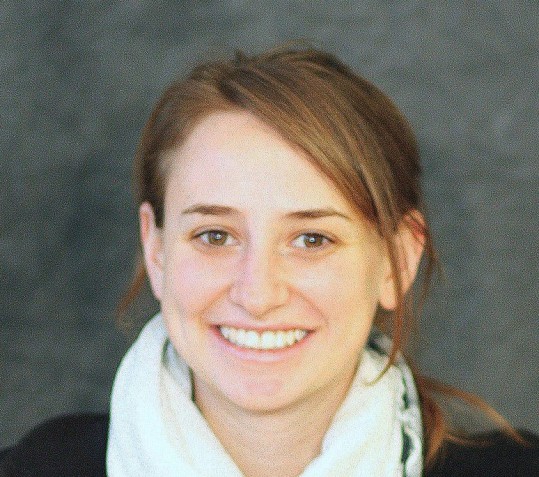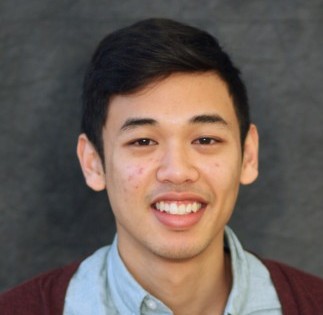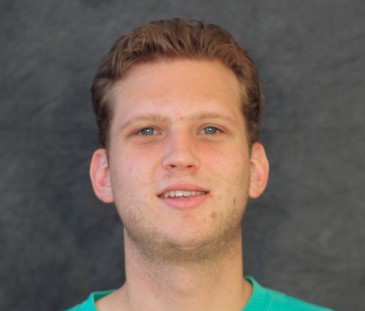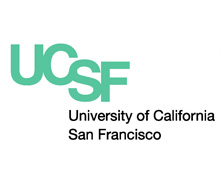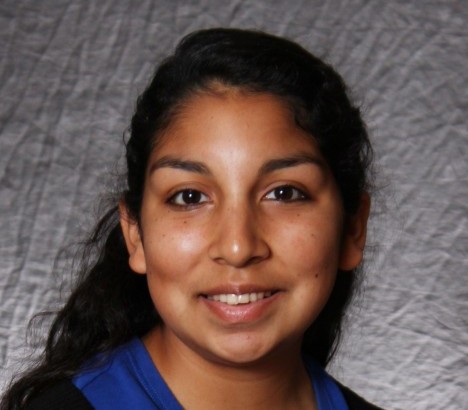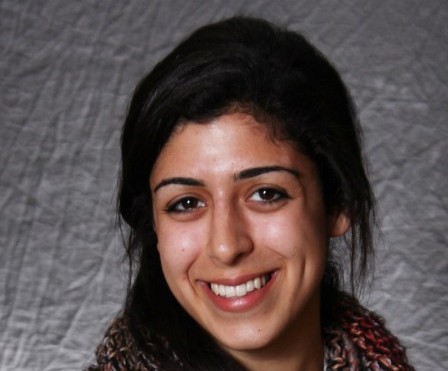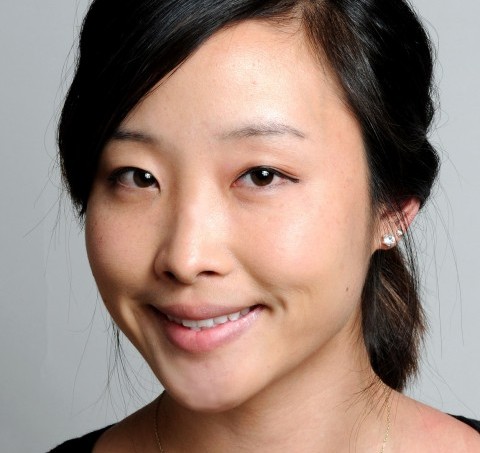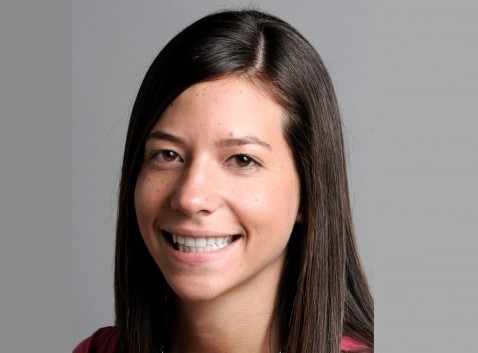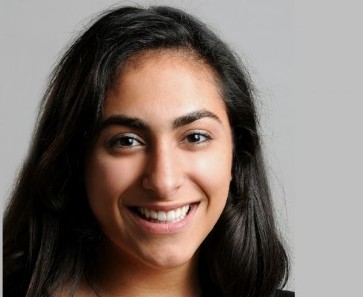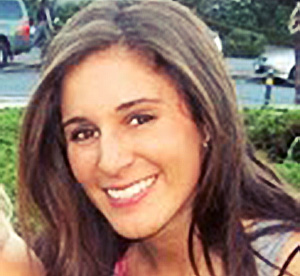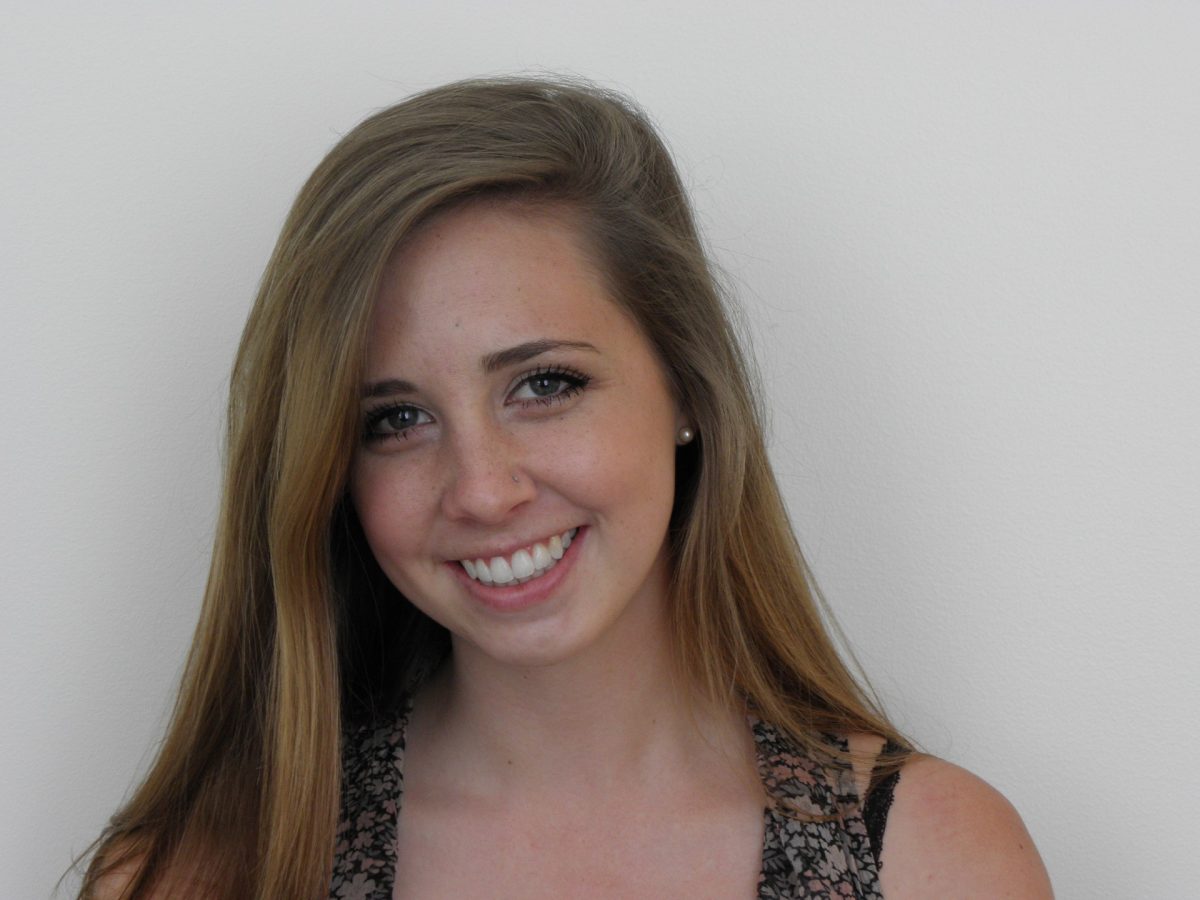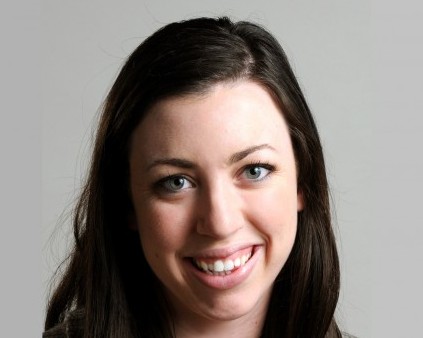https://mailchi.mp/berkeley/blum-center-newsletter-may-1283857
Category: Uncategorized
Summer 2015
http://blumcenter.berkeley.edu/wp-content/uploads/Summer%202015%20Newsletter.pdf
Spring 2015
http://blumcenter.berkeley.edu/wp-content/uploads/Spring%202015%20Newsletter.pdf
Winter 2014
http://blumcenter.berkeley.edu/wp-content/uploads/2015/01/Winter%202014%20Blum%20newsletter.pdf
Fall 2014
http://blumcenter.berkeley.edu/wp-content/uploads/2014/11/BlumCenterFall2014Newsletter.Final.pdf
Spring 2014
http://blumcenter.berkeley.edu/wp-content/uploads/2012/07/Spring-2014-Newsletter.pdf
Winter 2013
http://blumcenter.berkeley.edu/wp-content/uploads/2012/07/Winter-2013-Newslettersmallpdf.com_.pdf
Summer 2013
http://blumcenter.berkeley.edu/wp-content/uploads/2013/11/Summer-2013-Newsletter.pdf
Winter 2012
http://blumcenter.berkeley.edu/wp-content/uploads/2013/03/blumcenter_newsletter_2012_winter.pdf
Fall 2012
http://blumcenter.berkeley.edu/wp-content/uploads/2013/03/blumcenter_newsletter_2012_fall.pdf
Spring 2012
http://blumcenter.berkeley.edu/wp-content/uploads/2013/03/blumcenter_newsletter_2012_april.pdf
Fall 2009
http://blumcenter.berkeley.edu/wp-content/uploads/2013/03/blumcenter_newsletter_2009_fall.pdf
Fall 2008
http://blumcenter.berkeley.edu/wp-content/uploads/2013/03/blumcenter_newsletter_2008_fall.pdf
Stephany Martinez Tiffer
worked on issues of sexual and reproductive rights in Nicaragua with the organziation Centro De Mujeres Ixchen
Estrella Sainburg
worked in Chiapas, Mexico with Fundación Cántaro Azul focusing on issues with water filtration, treatment, & drinking water distribution
Elizabeth Cho
completed her practice with Uganda Development Health Associates, supporting programs for individuals with HIV/AIDS
Danielle Puretz
worked in New Orleans, LA with Young Aspirations/Young Artists, engaging youth in public awareness and social engagement through art.
Asia Tallino
worked in Senegal, Africa with Urban Farmers GIE, assisting the organization with fundraising as well as researching urban agricultural practices
Janine Myint
completed her practice experience in Mumbai, India with the Bombay Leprosy Project working to provide specialized care to those diagnosed with the disease
Here Versus There: Reflections from a “Voluntourist”
(Published in the San Francisco Chronicle) By Brenna Alexander Despite the altruistic lure of international volunteering, those seeking meaningful work should look no further than their own backyard. Last summer, I taught and played and laughed with children cooped up in a Cambodian orphanage. I had gone to Cambodia to work for another nonprofit organization. …
While there is much to learn abroad, volunteering at home is different and usually far more beneficial. If you volunteer at home, you are constantly reminded of the persistence of human suffering and the incredible difficulty of generating economic and societal change. When you volunteer at home, you encounter the injustice that resides within your own community – injustices that may collapse long-held notions and the allure of simple solutions.
Brenda Hernandez
worked in the city of Jaipur in Rajasthan, India with the Bhoruka Charitable Trust’s Health of Urban Poor program.
Samantha Dizon
worked with Gawad Kalinga in the Philippines last summer on issues of women empowerment.
Chelsea Harmon
completed her practice experience with TECHO assisting with community development programs in Santiago, Chile.
Esther Chung
worked with the Uganda Village project on health care initiatives and preventative public health education.
Brenna Alexander
worked on HIV/AIDS prevention and treatment programs as well as volunteered with an orphanage in Cambodia last summer.
Christopher Buoy
completed his practice in Cambodia last summer, working on an HIV/AIDS awareness and prevention program.
Christopher Carson
interned with Virtus (Виртус), a non-profit organization in the Ukraine to prevent the spread of HIV and aids.
USAID
Carries out U.S. foreign policy by promoting broad-scale human progress and while expanding stable, free societies.
UC San Francisco
Dedicated to promoting health worldwide through advanced biomedical research, graduate-level education in the life sciences and health professions.
UC Davis Blum Center
A leader in research, theory and applied science in Agriculture, Environment and Natural Resources, Energy, Public Health, and Entrepreneurship.
Lawrence Berkeley Lab
A member of the national laboratory system supported by the United States Department of Energy through its Office of Science.
Global Social Venture Competition
Provides aspiring entrepreneurs with mentoring, exposure, and prizes to transform their ideas into businesses that will have positive impact.
Center for Effective Global Action
The University of California’s premiere center for research on global development.
Development Impact Lab (DIL)
Draws on innovative methods to identify, refine, evaluate, and scale new solutions, with a focus on long-term sustainability and affordability.
Technology and Infrastructure for Emerging Regions
Focuses on developing a hardware/software infrastructure designed for developing areas.
Crystal Cantabrana
Completed her practice with Nest, a nonprofit microbartering and fair trade organization in Nairobi, Kenya.
Arienne Malekmadani
Completed her practice with Blue-Med Africa in Ghana. She shadowed doctors, and assisted with patient intake and outtake.
Angela Roh
Completed her Practice in Trichy, India working with Nest, a nonprofit microbartering and fair trade organization.
Nikki Brand
Completed her Practice in Panajachel, Guatemala where she worked with Nest, a nonprofit microbartering and fair trade organization.
Shahrzad Makaremi
Shahrzad completed her Practice with Sambhali Trust in Jodhpur, India to support the education and empowerment of lower-caste women.
Julia Hurwitz
Completed her Practice in Togo, Western Africa where she worked with Nest, a nonprofit microbartering and fair trade organization.
Danika Kehlet
Completed her Practice in Quito, Ecuador where she worked in a reproductive health clinic and assisted with sexual and reproductive health education.
Kelsey McCarthy
Completed her Practice in Cape Coast, Ghana where she worked with the Rural Women Development and Health Initiative.
Microclinics International
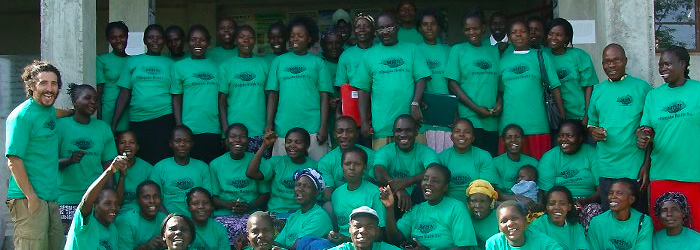
The Challenge
In impoverished and war-torn areas, regional instability leads to ineffective health care infrastructure unable to adequately treat ailments such as diabetes and HIV/AIDS.
The Technology Approach
Through community-based workshops, micro-clinics leverage social networks to spread “contagious health” best practices, providing information dissemination and training in conjunction with local partners.
2013 Updates
The NGO MicroClinics International will expand and support the 1,500 established micro-clinics spanning four continents through evaluation and policy advocacy. The group also recently launched a diabetes micro-clinic project domestically in Kentucky.
Principal Investigator
Prof. Eva Harris, School of Public Health
Lead Researcher
Daniel Zoughbie, Principal Investigator, CEO Microclinic International
[button link=”http://microclinics.org/” text=”Website”]
Lumina Project
LED Lighting

The Challenge
Over a billion people in the developing world lack access to an electric grid and instead rely on inefficient, expensive and polluting flame-based lighting.
The Technology Approach
The Lumina Project works through laboratory and field-based investigations to cultivate technologies and markets for safe, affordable lighting options that can replace fuel-based options in the developing world, including low-carbon alternatives, such as LED lighting.
2013 Updates
In addition to supporting various off-grid lighting projects in Africa, the Lumina Project team has recently conducted in-depth studies of the health impacts of fuel-based lighting, in addition to market analysis regarding carbon credit mechanisms in the developing world.
Principal Investigator
Dr. Evan Mills, Building Technology and Urban Systems Department, Lawrence Berkeley National Laboratory
[button link=”http://light.lbl.gov/” text=”Website”]
ReadyMade Impact Assessment
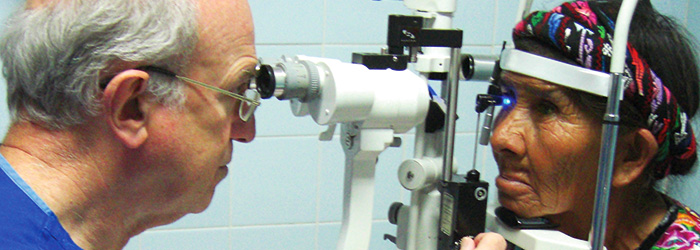
The Challenge
Social organizations frequently lack the resources and expertise to assess the impact of their programs to guide future growth, as the opportunity costs of assessments are high and may result in little value added to the organization unless done in a meaningful way.
The Technology Approach
ReadyMade provides social enterprises a free and effective online tool to aid in assessment of impact and costs through analysis of essential data that are easy to collect.
2013 Updates
ReadyMade will develop an online impact assessment tool that can be used by organizations to undertake assessments, track project outcomes, and create evaluation reports. The team has developed prototypes in a variety of areas, including a cataract surgery clinic, agricultural co-ops in Africa and Asia, and at-risk youth college-prep program in the US.
Lead Researcher
Prof. Clair Brown, Economics
Field Locations
Prototypes in South America, Africa, Asia, and United States
Prototype Reports
Developing an Effective and Efficient Assessment Template for Social Enterprises
Analysis of Berkeley Scholars to Cal Program
Hospital de la Familia’s Cataract Surgery Program in Guatemala
Village Base Station
A Cellular System for Rural Off-Grid Locations
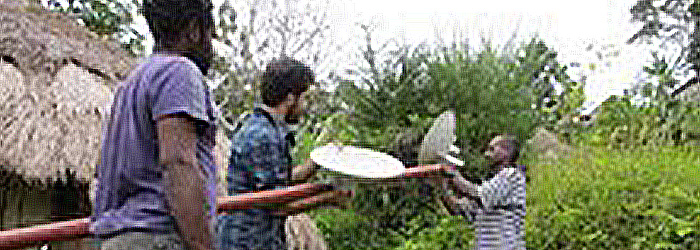
The Challenge
Over one billion people in rural areas worldwide lack access to the transformative technology of cellular phones.
The Technology Approach
The Village Base Station (VBTS) cellular tower is optimized for rural, off-grid deployments by drastically reducing the cost of cellular coverage through decreased required power, especially when not in active use.
2013 Updates
The VBTS is deploying three towers in rural Papua, Indonesia, aiming to serve between 1,000 and 10,000 people.
Lead Researchers
Prof. Eric Brewer, Computer Science
Prof. Tapan Parikh, School of Information
Field Location
Indonesia
[button link=”http://www.eecs.berkeley.edu/~kheimerl/pubs/vbts_nsdr10.pdf” text=”White Paper”]
Darfur Stove Project
Fuel Efficient Stoves for Internally Displaced Persons (IDPs)
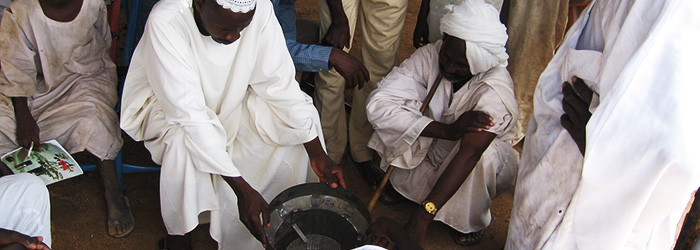
The Challenge
Since 2003, civil conflict in Darfur has led to massive displacement of people into densely populated camps. The Darfur Stoves Project provides Darfuri women with specially developed cookstoves that require less firewood, reduce pollution, and decrease women’s need to trade food rations for fuel and their exposure to violence by reducing the time needed to collect needed firewood.
The Technology Approach
The stoves team leads the development of fuel efficient stoves through user-centered design, reducing both harmful emissions and firewood collection by 50% each. For a family, the stove leads to up to $1770 in firewood savings over five years.
2013 Updates
Started at Lawrence Hall of Science (LBNL), the project is currently also the first initiative of Potential Energy, a Berkeley-based, independent nonprofit organization whose mission is to bring life-improving household technologies to women in the developing world. Potential Energy is transitioning to a market-based approach in Darfur and is partnering with LBNL to design a fuel-efficient stove for use in Ethiopia.
Lead Researcher
Dr. Ashok Gadgil, LBNL
Field Locations
Darfur, Sudan; Ethiopia
[button link=”http://www.potentialenergy.org/” text=”Website”]
